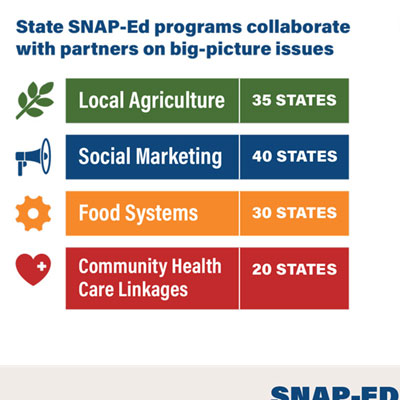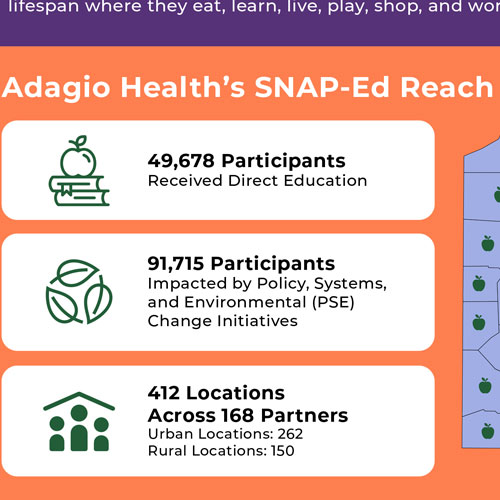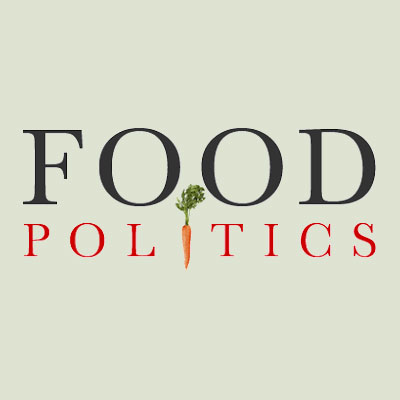SNAP-Ed Is on the Chopping Block
We Need Your Voice Now!
#SAVESNAPED #SNAPEDWORKS
This site is being updated frequently. To ensure you are viewing the latest version, open this website in a private/incognito window or use these key commands to refresh the page.
On Windows/Linux: Press Ctrl + F5.
On macOS: Chrome, Firefox: Press Command + Shift + R | Safari: Press Command + Option + R

SNAP-Ed saves money and stretches dollars.
Congress is considering a bill that would eliminate SNAP-Ed—a critical program that helps low-income families make healthier food choices and lead more active lives.
SNAP-Ed is a proven, cost-effective program that empowers people who receive SNAP to improve their health, stretch their food dollars, and become self-reliant.
Take action using the Save SNAP-Ed Advocacy Toolkit or by sharing the resources below with your network!
Read the rebuttal to the Statement that SNAP-Ed is duplicative.
Success Stories
Research Articles
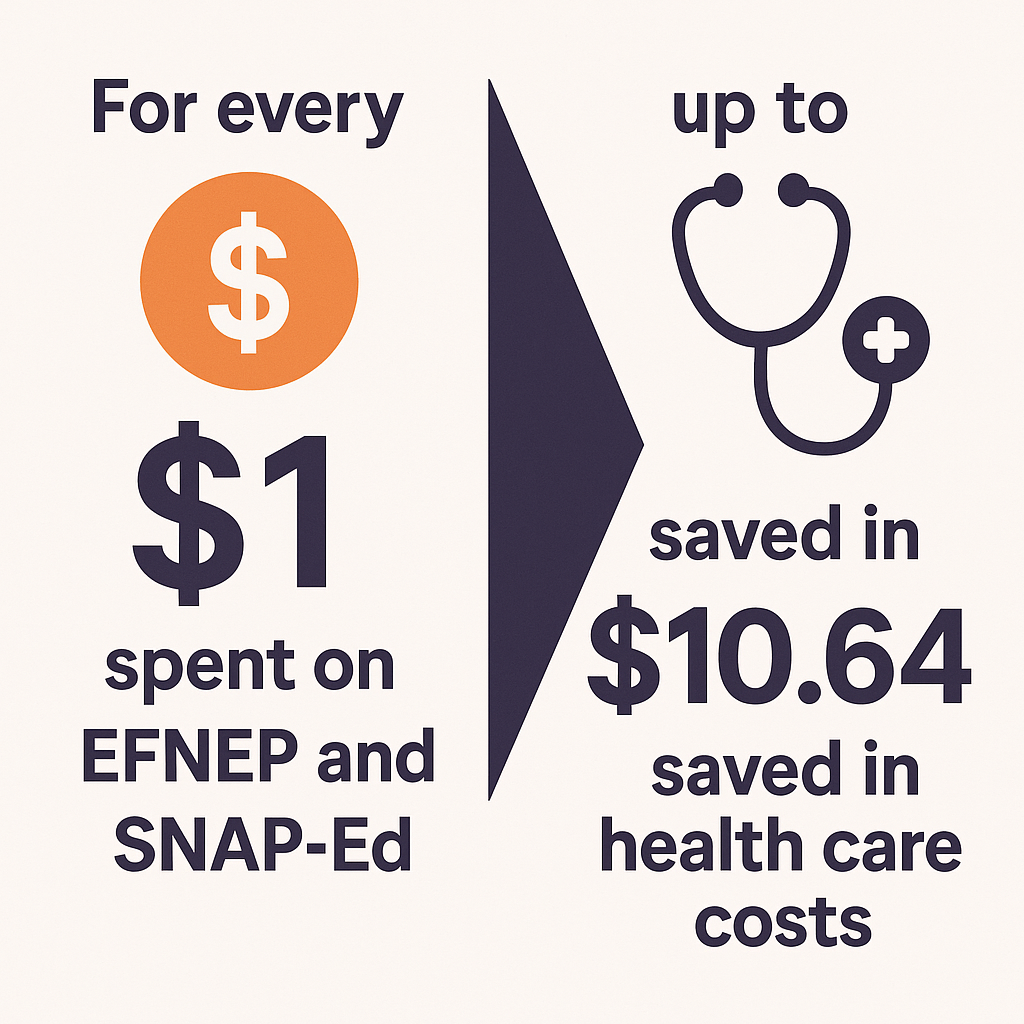
LT17: Health Care Cost Savings
“Existing studies show that for every $1 spent to implement programs such as EFNEP and SNAP-Ed education programs, up to $10.64 is saved in health care costs.5 These studies pre-date the provisions of HHFKA and SNAP-Ed's expanded reach through comprehensive scope of services, thus we anticipate potential health care costs savings to be even greater.”

SNAP-Ed (Supplemental Nutrition Assistance Program-Education) Increases Long-Term Food Security among Indiana Households with Children in a Randomized Controlled Study
Rivera, R. L., Maulding, M. K., Abbott, A. R., Craig, B. A., & Eicher-Miller, H. A. (2016). SNAP-Ed (Supplemental Nutrition Assistance Program-Education) Increases Long-Term Food Security among Indiana Households with Children in a Randomized Controlled Study. The Journal of nutrition, 146(11), 2375–2382. https://doi.org/10.3945/jn.116.231373
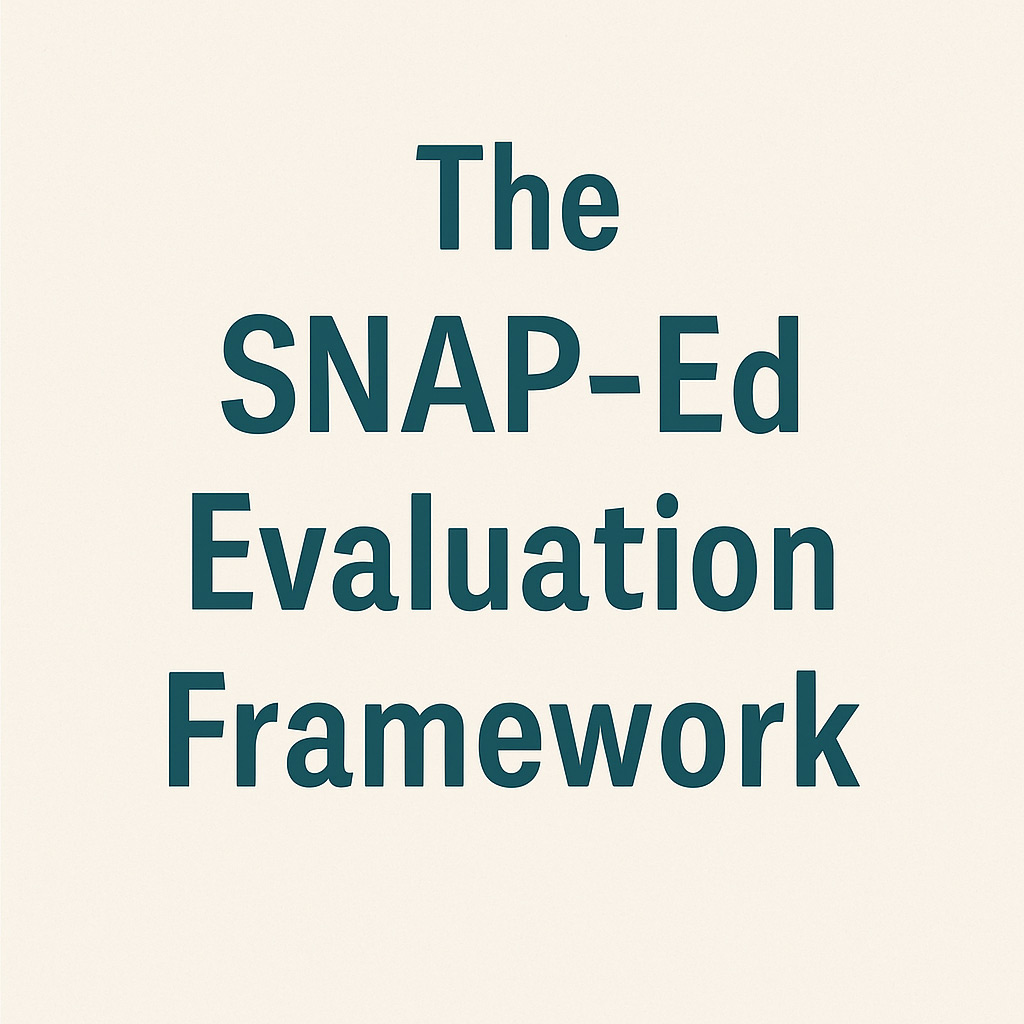
The SNAP-Ed Evaluation Framework: demonstrating the impact of a national framework for obesity prevention in low-income populations
This article introduces and describes the benefits of the newly developed SNAP-Ed Evaluation Framework (Framework) and companion Interpretive Guide to consistently measure SNAP-Ed outcomes across different settings
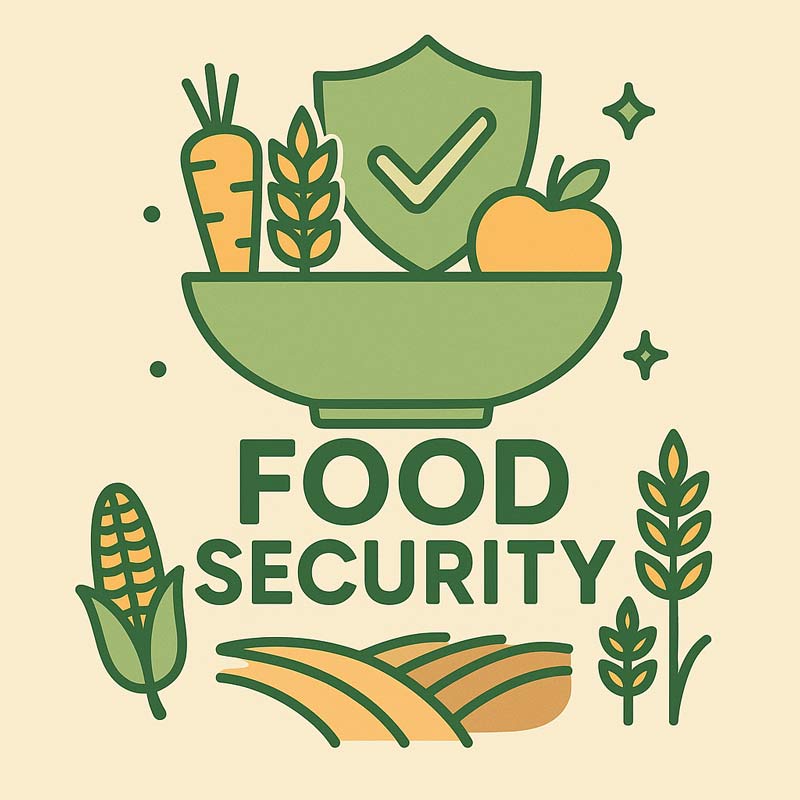
Effect of Supplemental Nutrition Assistance Program–Education (SNAP-Ed) on food security and dietary outcomes
This narrative review summarizes current investigations of SNAP-Ed’s effectiveness at improving food security and dietary outcomes, and it can help inform future policy and implementation of the program.
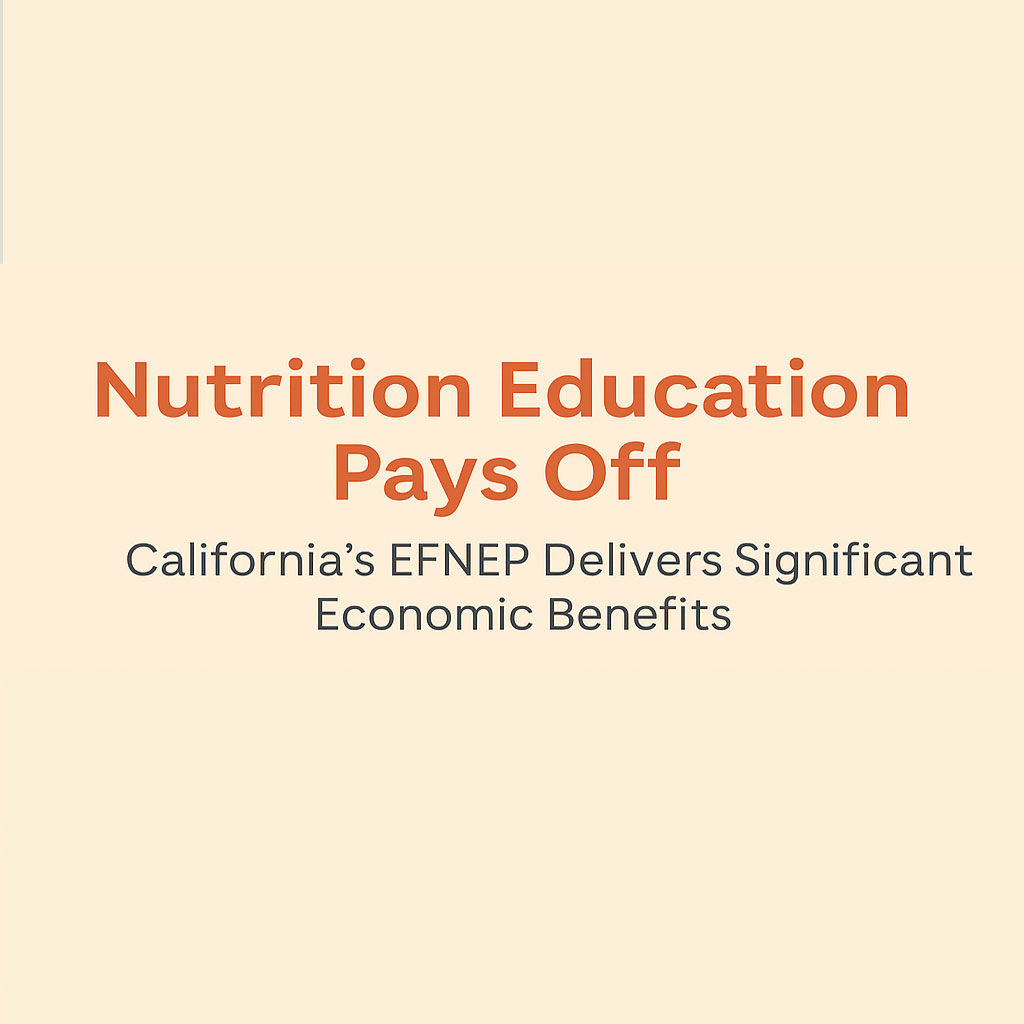
Cost-benefit analysis conducted for nutrition education in California:
A cost-benefit analysis was conducted using the program demographics and food-related dietary behavior of participants enrolled in California’s Expanded Food and Nutrition Education Program (EFNEP), based on methodology developed by Virginia Cooperative Extension.
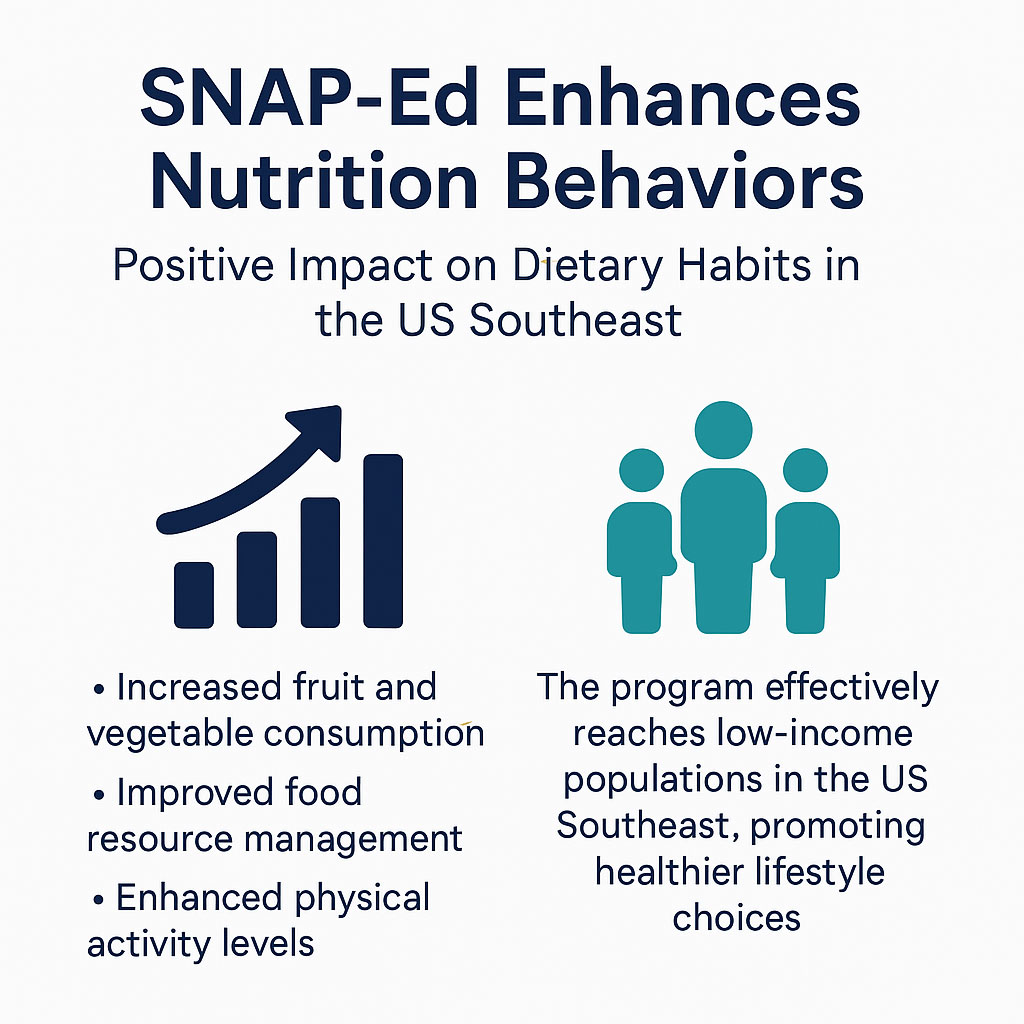
The US Supplemental Nutrition Assistance Program – Education improves nutrition-related behaviors
This study suggests that SNAP-Ed direct education is associated with positive behaviour changes in the US Southeast.
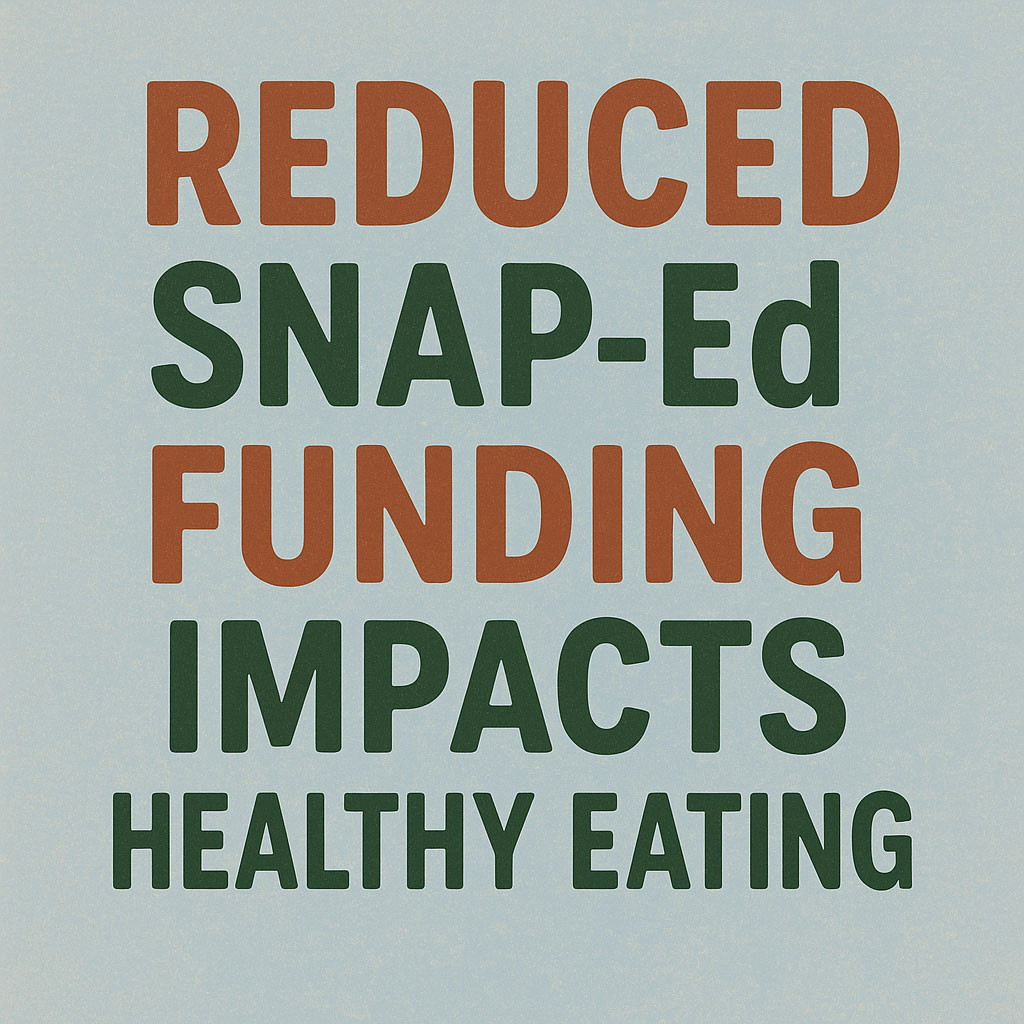
Supplemental Nutrition Assistance Program Education reductions during COVID-19 may have exacerbated health inequities
Woodward-Lopez, G., Esaryk, E. E., Hewawitharana, S. C., Kao, J., Talmage, E., & Rider, C. D. (2023).
Impact Reports and One Pagers
Making Headlines
House Agriculture Committee chooses partisan priorities over food, nutrition, and health for Americans (Center for Science in the Public Interest)
House Republicans’ proposal to cut SNAP spending would save roughly $300B (Politico)



